American black bear, or Ursus americanus.
The soft, steady thudding of my hiking boots slowed to a halt. The trail wasn’t particularly steep or difficult, but when you’re surrounded by the world’s largest trees, you’ve just got to stop and look sometimes! This early in the day, the woods were relatively quiet and still. Birds chattered and branches rustled in the slight breeze, but there were no other people around – just me and my parents. They hadn’t stopped, so after a minute, they disappeared behind the next ridge. I glanced around, and then froze. Turns out that I wasn’t alone after all. Maybe 20 meters away from me (about 60-ish feet) was a black bear. U.S. National Park regulations state that you should maintain a distance of at least 100 meters from bears and other predators. Yet here we were.
Sequoia and Kings Canyon National Parks are just east of Fresno, CA. Map from the U.S. National Park Service.
It was August, 2010. I was 18 years old, finished with high school and about to start college. I didn’t really get into wildlife photography and conservation until 2013, but I’ve always liked nature and animals. So when my mom suggested a family vacation to northern California and Oregon to visit the national parks and forests out there, I got excited! We planned visits to Crater Lake, the redwood trees, Lassen Volcanic National Park, Sequoia and Kings Canyon Parks, and of course the father of all American national parks – Yosemite. Yellowstone was established first, but the whole idea for the national parks came from Yosemite, and most especially because of John Muir, and his friendship with President Teddy Roosevelt.
My parents taking a break on the hike out to Muir Grove.
That morning, we were on our way to the Muir Grove, a stand of giant sequoia trees and redwoods near the border between Sequoia National Park and the adjoining Kings Canyon National Park. We had heard that the grove was especially magnificent, and much less crowded than the groves around the famous General Sherman sequoia, the largest known living tree on Earth (by volume), but we wanted the grove entirely to ourselves. We had woken up well before sunrise, so we could enjoy the first light of the day as we started the hike. As usual, Mom took the lead and Dad followed with his long strides, while I fell behind because I stopped to take photos of just about everything. They say in the park guides that groups should stick together and make noise to scare off bears, but we clearly hadn’t paid attention to that. Oops.
This black bear may look cute, but I sure don't want to mess with him. Image by Jitze Couperus.
Because now here I was, within a stone’s throw of a fully grown bear. Black bears may be the smallest bear species in North America, but they’re still pretty darn big. They're fast and strong, and they have sharp claws and teeth. They’re smart as hell too – they’ve been known to open screw top jars, open door latches, and even access “bear-proof” trash cans. Amazing animals from a distance, but not one I wanted to meet up close! He didn’t seem to have noticed me, and I wanted to keep it that way. So that meant I couldn’t run or even speedwalk to put some distance between us, since that could’ve made him think I was prey and start chasing me (although this is more a grizzly bear thing than a black bear thing). I definitely couldn’t yell – the absolute last thing I wanted to do was startle him. So I stayed as still as I could, and only let my eyes move to follow him. It took all of my willpower to not flinch when a bee flew right past my ear.
Once the bear got about 60 meters away, I let out the breath I’d been holding, and relaxed a bit. It finally occurred to me that I ought to try to take a photo or two, and I fumbled for my camera. At that time, I had a little Canon point-and-shoot that zoomed 4x, plus a bit more digitally. In the dim morning light and over a long distance, there was no way that I’d get even a decent shot, but I tried anyways. Here’s the (frankly laughable) result:
He made his way off into the woods with no indication that he ever knew I was there, and I set off again at a quick pace to rejoin my folks. In hindsight though, he probably did know I was there, and my parents too – black bears have a great sense of smell. They spend most of their time (when they’re not hibernating) sniffing out food, which can range from nuts and berries to insects to carrion. Black bears are omnivores, meaning that they eat both plant and animal material. They also love human food, which is a big problem. When bears become accustomed to human food, they become bold in their efforts to get more, which can lead to conflict with humans that can often end with the bear being killed. Plus, most of our food these days is so processed that it can make them sick. DON’T EVER FEED BEARS!!!
Giant sequoia trees (Sequoiadendron giganteum) in the Muir Grove
We reached the Muir grove about half an hour later, and it was incredible. I’m not a religious person, but I think I experienced something vaguely spiritual while we were there. Just like we planned, we were the only ones there. Well, the only humans, anyway.
